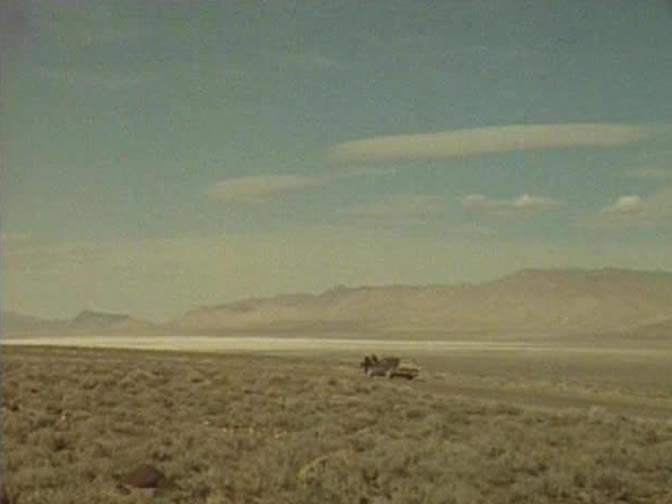

An investigation into the lamentable state of a paiute reservation in the Nevada desert.
“What happened to Lake Winnemucca is about to happen to one of the world’s last great and beautiful inland seas… It’s a story that not only tells again the plight of the American Indian… The story of Pyramid Lake is much more universal than that, for it tells very simply what we all achieve when we knowingly and culpably destroy the partnership between man and nature.”
As a white Australian whose nation was responsible for the demise of the Aborigines, John Pilger has had a lifelong interest in indigenous peoples. In Pyramid Lake Is Dying, he reports on the demise in the culture of native Americans and the stealing of their resources.
Pyramid Lake, in Nevada, home to the Paiute Indians and once described as “one of the few remaining unspoiled natural wonders in the American West”, is drying up and its fisheries and wildlife disappearing for ever, says Pilger.
This process began when, in 1905, the government built a dam across the Truckee River, the lake’s principal source, to feed white squatters nearby. The water left was not enough to save Winnemucca, another lake, from extinction or prevent the slow death of Pyramid Lake.
A school had been built on the edge of the Paiutes’ reservation in the 1960s because whites living nearby wanted it. Only the whites’ way of life was taught. “The Indians are having to come round to the ways of the white man,” says Pilger. “They now eat the new breed of automated, tasteless fish, which they hate, and Kentucky Fried Chicken.”
In the town of Fallon, where much of Pyramid Lake’s water was diverted into a failed irrigation scheme, Pilger finds a “sportsmen’s reserve” to which most of the wildlife have fled. Nevada’s biggest water user is a ranch owned by the state senator, Carl Dodge.
Pyramid Lake Is Dying (Pilger, ATV), ITV, 13 September 1976
Producer-director: Richard Marquand; producer: Richard Creasey (27 mins)


